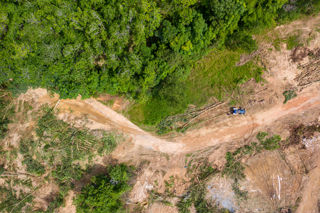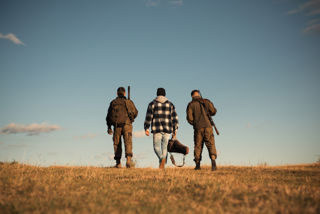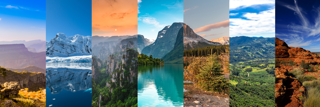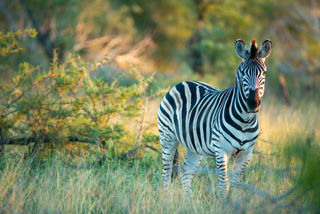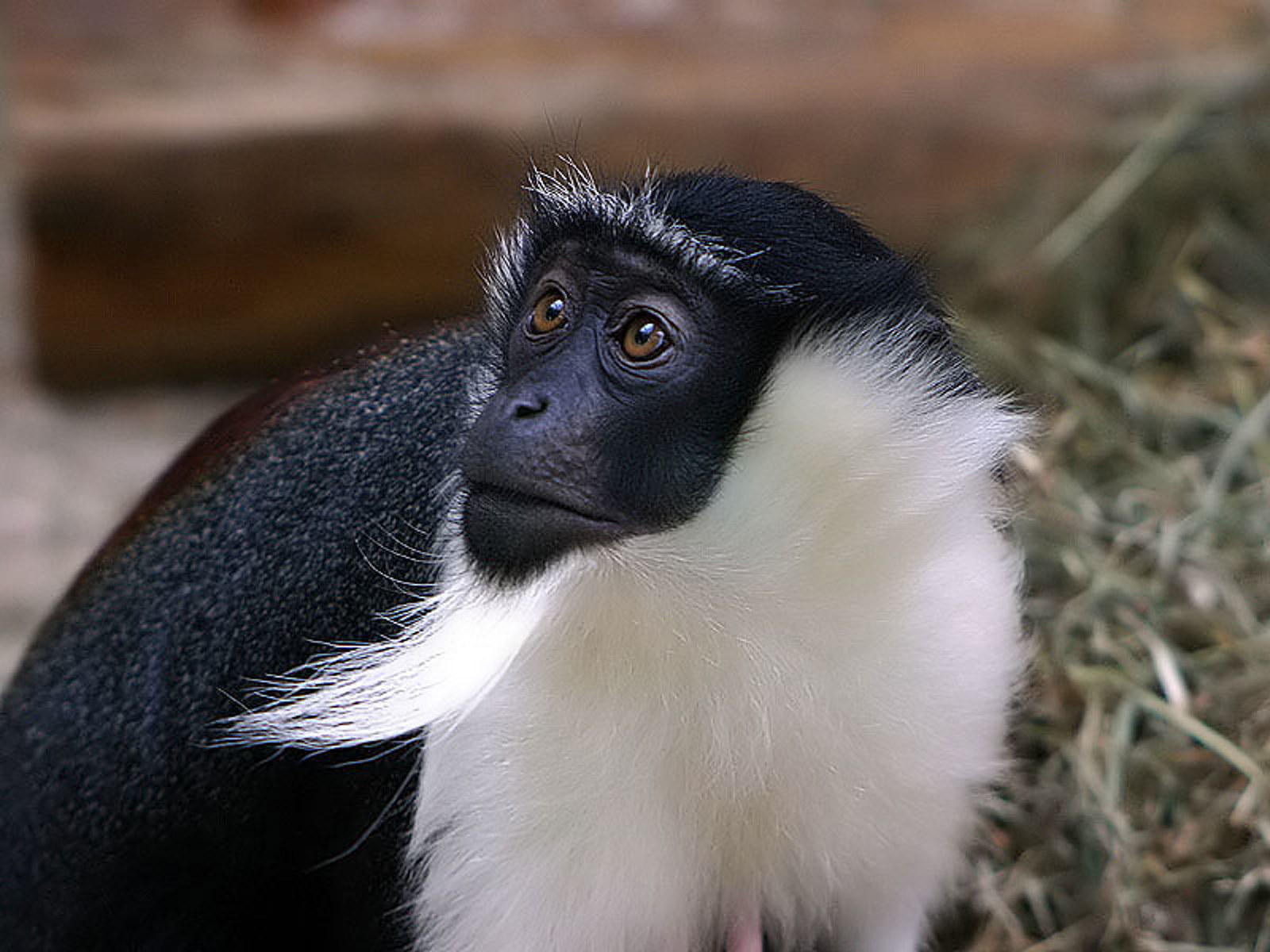

Roloway Monkey

Roloway monkeys definitely stick out from the crowd: they are quite large, have a triangular face, black and white coat, a pointy beard and yellow thighs and bum. They’re an arboreal species, which means they live in trees, and they like undisturbed forests best. Unfortunately, their characteristics and preferred habitat is putting them at risk. As they are large and have a soft coat, Roloway monkeys are hunted for their meat and fur. Because they like very specific forests, they are struggling as their habitat is destroyed for logging and agriculture.
Long story short, they needed our help. Our former partners, WAPCA (West African Primate Conservation Action) and primate experts at Yorkshire Wildlife Park, were involved. At the Cape Point reserve, the project covered monitoring and research of these little-known primates, protecting them from poaching in the forest, educating local communities about forest conservation and sustainable agriculture, and emphasising the importance of keeping these amazing animals alive. There was also welfare work at Accra Zoo, helping to improve facilities where primates were brought for rehabilitation and treatment.
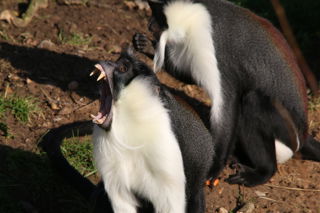
Working with Roloway Monkeys
Our work with WAPCA
The WildLife Foundation recently provided a grant to WAPCA (West African Primate Conservation Action) for a project in the Kwabwe forest in Ghana. They undertook field surveys that were invaluable for conservation efforts of Roloway monkeys and other primates. They also worked hard to clamp down on poaching. Rangers from Yorkshire Wildlife Park were set to take part in the project, heading to Ghana to work alongside conservation experts.
Threats
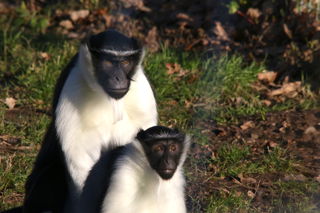
Facts
- In Ghana, the Roloway monkey is called “Efiai aighéhi” which means “the monkey with a white beard”.
- The Roloway monkeys’ habitat is threatened by farming of products like cocoa and palm oil. We can help them by choosing products with sustainably grown ingredients.
Seven Worlds, One Planet
Our work with Amur leopards has taken place in Russia, and at home at Yorkshire Wildlife Park.
Donate Today
We can’t do what we do without you. Donate to WildLife Foundation today!
Your donations – however big or small – make a HUGE difference to animals around the world that really need our help.
Text / SMS donations:
To donate £1, text ROLOMONK to 70201
To donate £3, text ROLOMONK to 70331
To donate £5, text ROLOMONK to 70970
To donate £10, text ROLOMONK to 70191
Keep up to date with WildLife Foundation
Sign up to keep up to date with us. Find out how you can help through fundraising, events, and more. You can unsubscribe at any time.


Stay up to date with WildLife Foundation
WildLife Foundation: charity number 1152642

